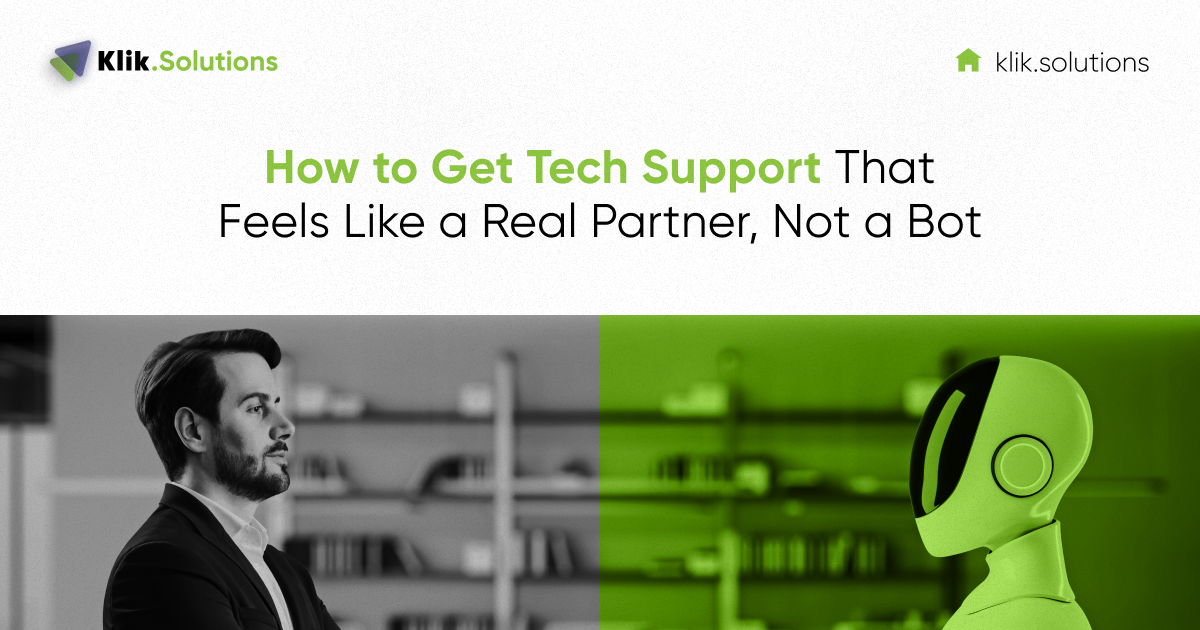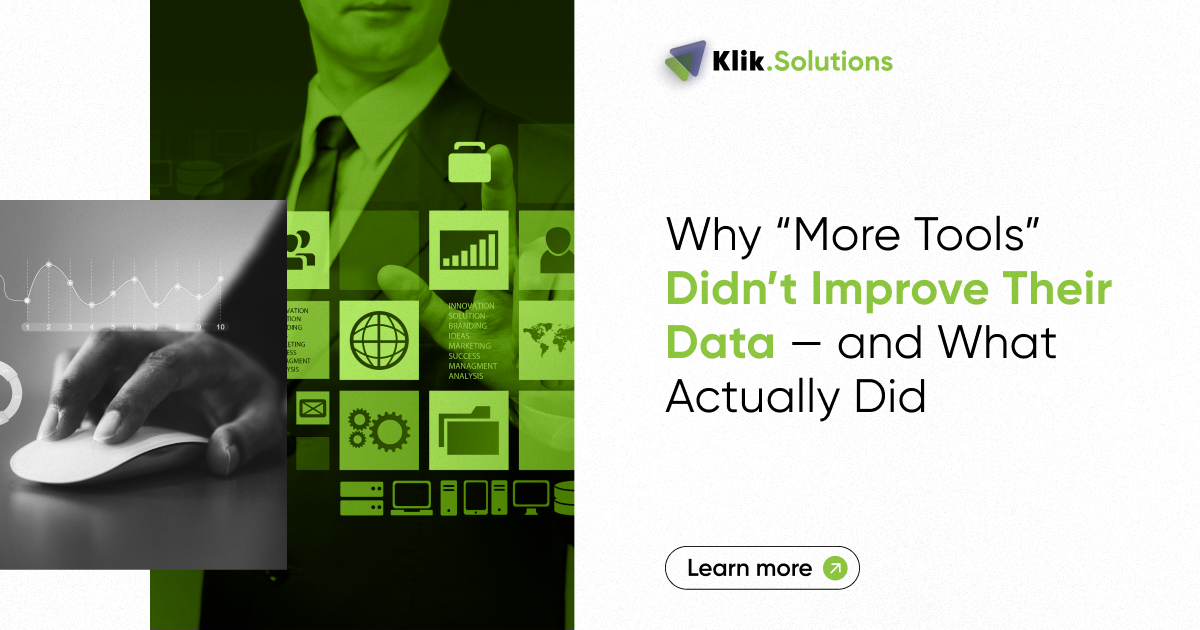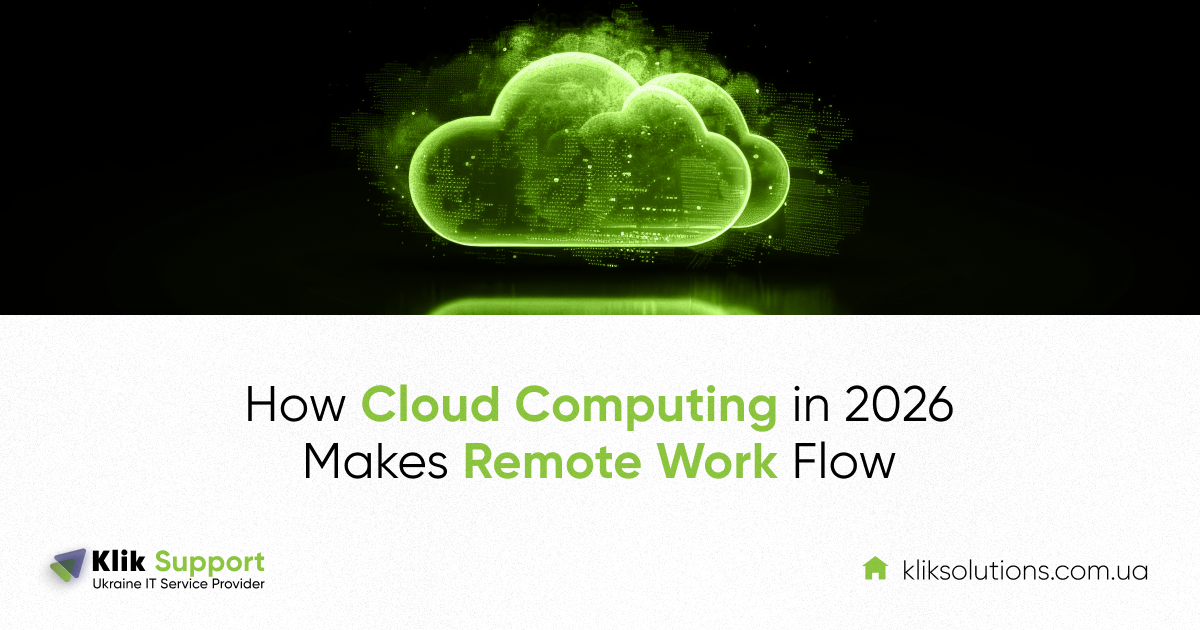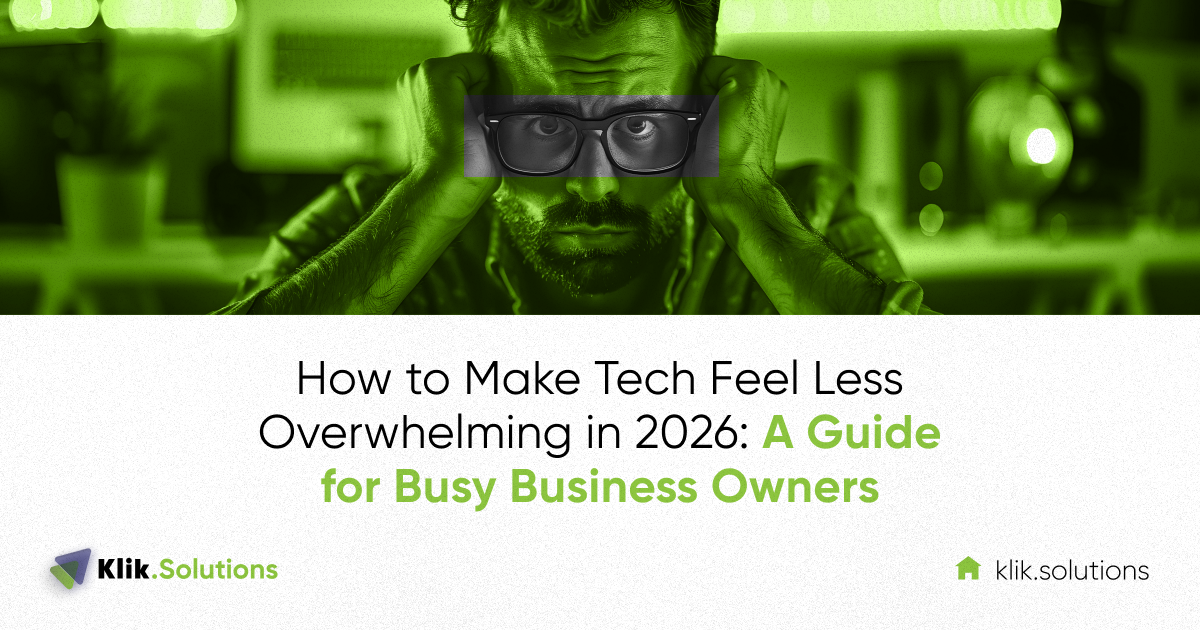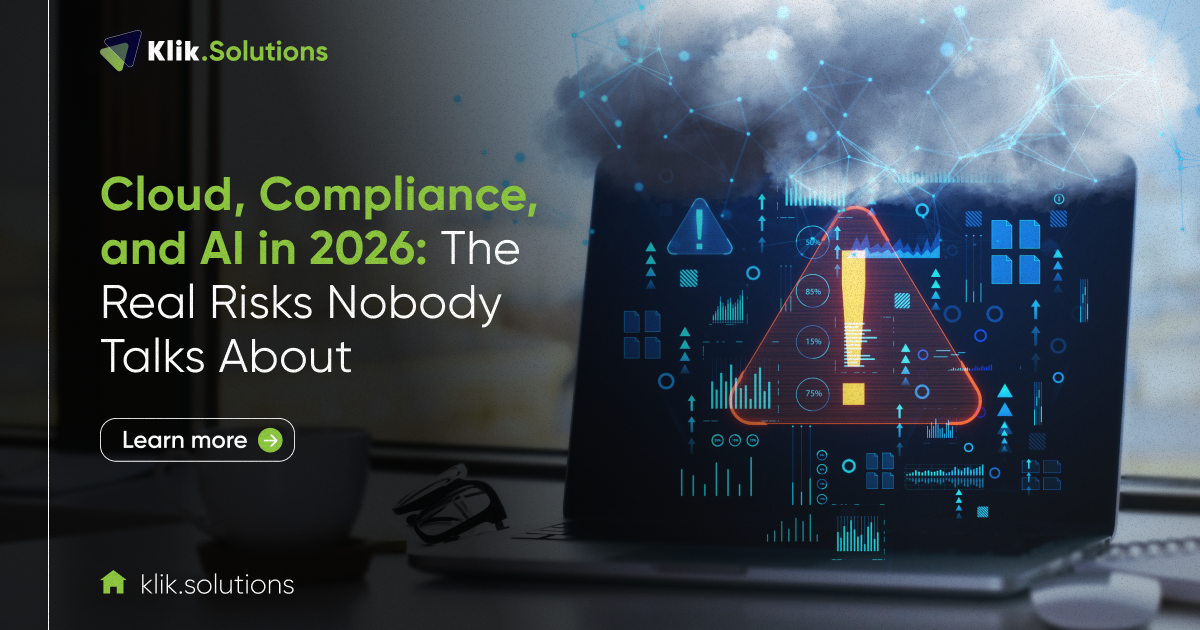Data as a Service (DaaS): What It Is and Why It Matters Now

Your data team just spent three months building a pipeline to analyze customer behavior patterns. By the time it’s ready, the market has shifted, your competitors have moved ahead, and the insights you desperately needed are now historical footnotes. This scenario plays out in boardrooms across industries every day, highlighting a critical gap between data potential and data reality.
The traditional approach to data infrastructure—building everything in-house, maintaining complex ETL processes, and managing sprawling data warehouses—is becoming a liability in our rapidly evolving business landscape. Organizations that cling to these legacy systems find themselves perpetually behind, watching more agile competitors make decisions at the speed of modern commerce.
Understanding DaaS in Today’s Context
Data as a Service (DaaS) shifts organizations from owning data infrastructure to accessing data as a utility. Think electricity—instead of generating your own power, you plug into the grid. With DaaS, organizations consume data through cloud services and APIs rather than building their own data centers.
This transforms data from an operational burden into a flexible business asset. Teams access clean, processed data within hours instead of spending months building infrastructure. What makes DaaS explained compelling is timing, as businesses need faster decisions, months-long data projects become unsustainable. DaaS providers handle the complexity, letting internal teams focus on analysis and insights.
Core Components That Make DaaS Work
Modern DaaS solutions combine several key components for seamless data access. Cloud-based storage provides virtually unlimited capacity that scales automatically with demand. Unlike traditional data warehouses requiring capacity planning and hardware procurement, cloud storage adapts to your needs in real-time.
Application Programming Interfaces bridge your organization and the data you need. APIs deliver real-time data, automate updates, and integrate easily with existing systems. Analytics teams pull customer data, market intelligence, or operational metrics with simple API calls rather than complex database queries.
Data marketplaces connect organizations with external data sources, from demographic information to industry benchmarks to real-time market data. Instead of negotiating individual partnerships, businesses access diverse datasets through standardized marketplace interfaces.
Real-time streaming capabilities ensure insights remain current and actionable. Traditional batch processing creates delays that render insights obsolete in fast-moving markets. DaaS platforms process and deliver data continuously, enabling real-time dashboards, instant alerts, and immediate response to changing conditions.

The Benefits of DaaS for Modern Organizations
Scalability stands out as the most immediate advantage. Traditional systems demand high upfront costs and careful capacity planning. DaaS scales seamlessly—whether processing daily reports or analyzing massive datasets for machine learning. This flexibility proves valuable for growing companies and seasonal businesses.
Cost efficiency extends beyond hardware savings. The real value comes from reduced time-to-insight. Teams that spent weeks preparing data environments now access clean, processed data immediately. This acceleration translates into faster decisions and better business outcomes.
Enhanced collaboration emerges from cloud-based data access. Remote teams, distributed offices, and external partners access the same datasets with appropriate permissions. This eliminates data silos where departments maintain separate stores and struggle to achieve unified insights.
Decision-making speed improves when data access becomes frictionless. Executives receive ad-hoc analysis within hours rather than weeks. Product teams test hypotheses with real customer data immediately. Marketing departments adjust campaigns based on current metrics rather than outdated reports.
Practical Applications Across Industries
Customer analytics represents one of the most common DaaS applications. Retail organizations combine internal transaction data with external demographic information, social media trends, and economic indicators to understand customer behavior patterns. This comprehensive view enables personalized marketing campaigns, optimized inventory management, and improved customer experience design.
Risk modeling in financial services benefits enormously from DaaS capabilities. Banks and insurance companies can access real-time market data, regulatory filings, and economic indicators to assess risk more accurately. The ability to incorporate external data sources quickly means risk models stay current with changing market conditions rather than relying on outdated historical patterns.
Supply chain visibility has become crucial for manufacturers and retailers alike. DaaS platforms can integrate logistics data, weather information, geopolitical intelligence, and supplier performance metrics to provide comprehensive supply chain insights This visibility drives proactive decisions instead of reactive fixes.
Financial forecasting gains accuracy and timeliness through DaaS integration.
Organizations can combine internal financial data with market intelligence, competitor analysis, and economic indicators to create more robust forecasting models. The ability to update models with fresh data continuously improves prediction accuracy and reduces forecast error.
Supporting Modern Work Environments
Remote teams benefit significantly from DaaS implementations. Traditional data infrastructure often requires VPN connections, complex security protocols, and specialized software installations. DaaS platforms provide secure, browser-based access to data and analytics tools, enabling productive remote work without compromising security or performance.
Multi-cloud environments become more manageable with DaaS solutions. Organizations using multiple cloud providers can access consistent data services across platforms without managing separate data stores. This flexibility avoids vendor lock-in and supports a best-of-breed cloud approach.
Agile data strategy requires rapid experimentation and iteration. DaaS supports this approach by enabling quick access to diverse datasets, rapid prototype development, and fast scaling of successful initiatives. Teams can test new analytical approaches without significant infrastructure investment, accelerating innovation cycles.
Security and Governance Considerations
Cloud data services raise legitimate security concerns that organizations must address systematically. Top DaaS providers offer enterprise-grade security with encryption, MFA, and access logs. However, organizations must evaluate these security measures against their specific compliance requirements and risk tolerance.
Data governance becomes both more complex and more important in DaaS environments. Clear policies must define who can access what data, how data can be used, and what constitutes appropriate data handling. Role-based access controls, data lineage tracking, and audit trails become essential components of effective DaaS governance.
Compliance considerations vary significantly by industry and geography.
Healthcare organizations must ensure HIPAA compliance, financial services must meet regulatory requirements, and international organizations must navigate data residency rules. Successful DaaS implementations require careful evaluation of provider compliance capabilities and ongoing monitoring of regulatory changes.
Evaluating DaaS Platforms and Providers
Amazon Web Services offers comprehensive DaaS capabilities through services like Data Exchange, which connects organizations with external data sources, and various analytics services that process and deliver insights. Microsoft Azure provides similar capabilities through Azure Data Share and integrated analytics platforms. Google Cloud Platform focuses on advanced analytics and machine learning capabilities built into their DaaS offerings.
Specialized providers like Snowflake have built entire business models around DaaS delivery, offering sophisticated data delivery models that integrate seamlessly with existing business intelligence tools. These platforms often provide more specialized features and deeper analytics capabilities than general cloud providers.
Sector-specific DaaS solutions come pre-configured for industry needs. Financial services providers offer market data, risk analytics, and regulatory reporting capabilities. Healthcare providers focus on clinical data, population health analytics, and compliance reporting. These specialized solutions often provide faster implementation and better domain expertise.

Assessing Organizational Readiness
Assessing current infrastructure is key to evaluating DaaS readiness. Organizations with modern, cloud-based systems generally transition more easily than those with legacy on-premises infrastructure. However, outdated systems shouldn’t prevent DaaS adoption—they often provide the strongest business case for migration.
Team capabilities and culture play crucial roles in DaaS success. Organizations with data-literate staff and analytics-focused culture typically achieve better outcomes than those still developing these capabilities. However, DaaS can accelerate capability development by providing easier access to data and analytics tools.
Business requirements clarity helps determine the appropriate DaaS approach. Organizations with well-defined analytics needs can implement focused solutions quickly. Those still developing their data strategy might benefit from more comprehensive DaaS platforms that provide flexibility for future growth.
Budget considerations extend beyond simple cost comparisons. While DaaS often reduces total cost of ownership, the expense structure shifts from capital expenditure to operational expenditure. Organizations must evaluate cash flow implications and ensure budget flexibility for scaling data usage.
Future Outlook and Evolution
AI-ready pipelines mark the next DaaS phase, feeding structured data to ML models at scale. DaaS providers are building specialized pipelines optimized for AI workloads, including automated data preparation, feature engineering, and model training.
Industry-specific DaaS models continue developing as providers recognize unique sector needs. Healthcare DaaS focuses on clinical data integration and population health analytics. In finance, DaaS supports risk analysis and regulatory compliance. Manufacturing DaaS concentrates on supply chain optimization and predictive maintenance.
Integration with business intelligence tools becomes increasingly seamless through native connectors and embedded analytics capabilities. Users access DaaS-powered insights directly within familiar business applications rather than switching between platforms.
The convergence of DaaS with edge computing and Internet of Things technologies brings real-time analytics to previously impossible use cases. Organizations can process and act on data at the point of creation while maintaining centralized governance and control.
Taking Action
The shift to Data as a Service is happening now. Early adopters gain competitive advantages while others struggle with outdated infrastructure. The technology exists today, proven providers offer robust solutions, and your data strategy decisions shape your analytical capabilities for years ahead.
Don’t let uncertainty about readiness or costs delay your transformation. The gap between data-forward organizations and those using traditional infrastructure widens every quarter.
Schedule a consultation to assess your data delivery readiness and discover how DaaS can accelerate your analytical capabilities, reduce costs, and enable the real-time insights your business needs to compete effectively.
Frequently Asked Questions

How does DaaS differ from traditional data warehouses?
Traditional data warehouses require significant upfront investment in hardware, software, and maintenance staff. Organizations must plan capacity, manage updates, and handle scaling independently. DaaS eliminates these burdens by providing data access as a managed service. Users pay only for consumption, scale automatically, and access data through simple APIs rather than complex database queries.
Is DaaS secure enough for enterprise use?
Leading DaaS providers implement enterprise-grade security including encryption, multi-factor authentication, and detailed audit trails. Security hinges on provider choice and proper implementation. Organizations must evaluate provider certifications, compliance capabilities, and access controls against their requirements. Many enterprises find DaaS more secure than self-managed infrastructure due to provider expertise and dedicated security resources.
What are examples of DaaS providers?
AWS, Azure, and GCP all deliver robust DaaS capabilities. Specialized providers like Snowflake focus on data delivery and analytics. Industry-specific providers offer targeted solutions for healthcare, financial services, and other sectors. The best choice depends on your needs, existing infrastructure, and compliance requirements.
How do I know if DaaS is right for my business?
Organizations struggling with slow data access, high infrastructure costs, or limited analytics capabilities often benefit from DaaS. Companies with distributed teams, growing data needs, or external data requirements also find DaaS valuable. Evaluate your current data challenges, assess available solutions, and consider starting with a pilot project to test capabilities before full implementation.
Can DaaS support real-time analytics?
Modern DaaS platforms excel at real-time data processing and delivery. They ingest streaming data, process it continuously, and deliver insights through real-time dashboards and alerts. This capability often exceeds what organizations achieve with traditional infrastructure, making DaaS valuable for applications requiring immediate insights and rapid response to changing conditions.
BLOG
The latest articles
-
We See THIS Before a Security Issue, and Most Teams Miss It!
-
The Simple Way to Stay Compliant in 2026 Without Losing Your Mind
-
How to Get Tech Support That Feels Like a Real Partner, Not a Bot
-
Why “More Tools” Didn’t Improve Their Data — And What Actually Did
-
We Often See This Pattern Before a Cybersecurity Incident — Here’s Why It Happens
-
How to Make Tech Feel Less Overwhelming in 2026: A Guide for Busy Business Owners
-
Cloud, Compliance, and AI in 2026: The Real Risks Nobody Talks About


 Published on July 17, 2025
Published on July 17, 2025 


